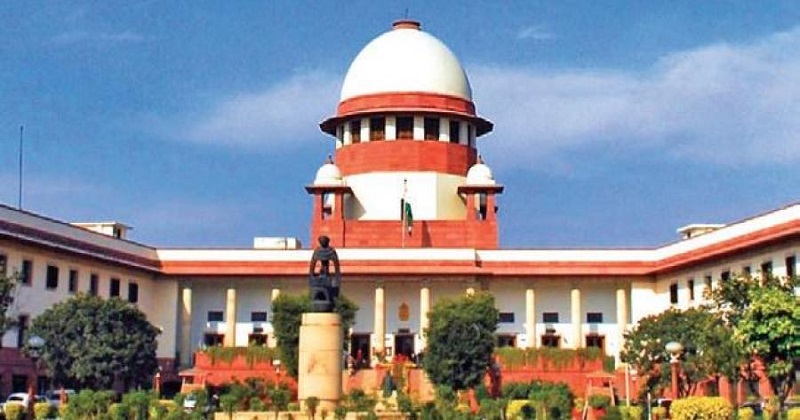
The Supreme Court on Wednesday quashed a Maharashtra government law granting reservations for Marathas in educational admissions and government jobs.
The court ruled that the Maratha community cannot be declared as educationally and socially backward, as reported by The Times of India.
The top court has struck down the Maharashtra State Reservation for Socially and Educationally Backward Classes (SEBC) Act, 2018. It ruled that the law, which exceeds the ceiling limit of 50 percent laid down by the judgment in the Indra Sawhney case is violative of Articles 14 and 15 of the Constitution, noted Bar and Bench.
While Article 14 deals with equality before law, Article 15 deals with prohibition of discrimination on the grounds of religion, race, caste, etc.
The verdict was pronounced by a five-judge constitution bench headed by Justice Ashok Bhushan.
On 26 March, the top court had reserved its verdict on the batch of pleas.
The lengthy hearing on the issue also saw submissions being made on whether the landmark 1992 Indra Sawhney verdict (called the Mandal judgment), which put a cap of 50 percent on reservations, requires reconsideration by a larger bench. The court on Wednesday ruled that judgment does not need to be referred to a larger bench, and the 50 percent ceiling on the reservation is valid in law.
The Constitution Bench had commenced hearing arguments in the matter on 15 March.
The high court, while upholding the law in June 2019, had held that 16 percent reservation was not justifiable and the quota should not exceed 12 percent in employment and 13 percent in admissions.
The Centre had argued in the top court that Maharashtra has the legislative competence for granting reservation to Marathas and its decision is constitutional as the 102nd amendment does not denude a state of the power to declare its list of Socially and Educationally Backward Classes (SEBC).
The 102nd Constitution Amendment Act of 2018 inserted Articles 338B, which deals with the structure, duties and powers of the National Commission for Backward Class (NCBC), and 342A dealing with the power of the President to notify a particular caste as SEBC as also of Parliament to change the list.
Solicitor General Tushar Mehta, appearing for the Centre, had said that in its view, the SEBC Act 2018 of Maharashtra granting reservation to people of the Maratha community in the state in jobs and admissions is “constitutional”.
“The Centre is of the view that the Maharashtra SEBC Act is constitutional. We construe Article 342A gives enabling role to Central government to determine the SEBC,” Mehta had said, adding that the Centre adopts the submissions of the Attorney General and it should be considered as the view of the Union government.
On 18 March, Attorney General K K Venugopal had told the top court that the 102nd amendment to the Constitution does not deprive state legislatures to enact law determining the SEBC and conferring benefits on them.
The apex court had on 9 September last year stayed the implementation of the legislation and referred to a larger bench the batch of pleas challenging the validity of the law, but made it clear that the status of those who have availed of the benefits would not be disturbed.

Post Your Comments